Blog Posts Tagged Plasma Module
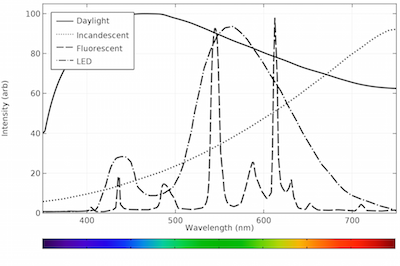
Calculating the Emission Spectra from Common Light Sources
We use COMSOL Multiphysics® to calculate the emission spectra of 4 common light sources: natural daylight, incandescent light bulbs, fluorescent light bulbs, and LED bulbs.

Thermodynamic Equilibrium of Plasmas
Are you interested in modeling plasmas with the COMSOL® software? Get an overview of the different plasma types and when to use each of the interfaces available in the Plasma Module.
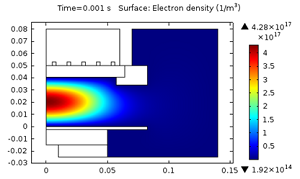
Ion Temperature in Inductively Coupled Plasmas (ICPs)
When modeling plasmas, your choice of ion temperature can affect your model results. We discuss the theoretical reasons behind this phenomenon using an inductively coupled plasma example.

Electron Energy Distribution Function
The electron energy distribution function (EEDF) strongly influences the results of a plasma model. But what are some ways we can numerically describe the EEDF in the COMSOL® software?
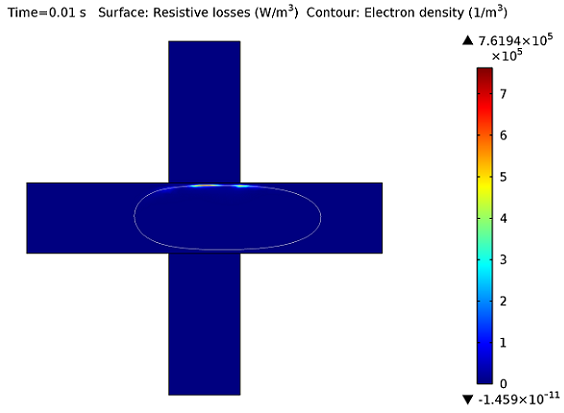
Microwave Plasmas
Microwave plasmas, or wave-heated discharges, find applications in many industrial areas such as semiconductor processing, surface treatment, and the abatement of hazardous gases. This blog post describes the theoretical basis of the Microwave Plasma interface available in the Plasma Module.
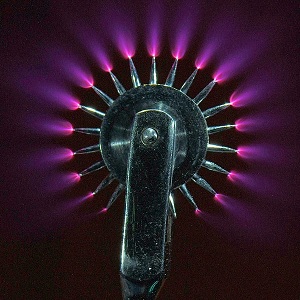
Corona Discharge
In its natural state, air is a good insulator. However, if it’s adequately ionized, it can ultimately lead to “corona discharge”. What does that mean and why is it important? Let’s find out.
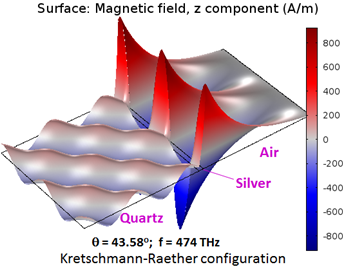
AltaSim Takes on Surface Plasmon Resonance Modeling
We’ve just got another finished article and layout back for COMSOL News and it looks as great as the others, but for different reasons. We usually ask a couple of our partners to write an article for COMSOL News to provide users with some more technical background to modeling. AltaSim Technologies, who are certified consultants and even run courses in COMSOL, have written an article about surface plasmon resonance.
